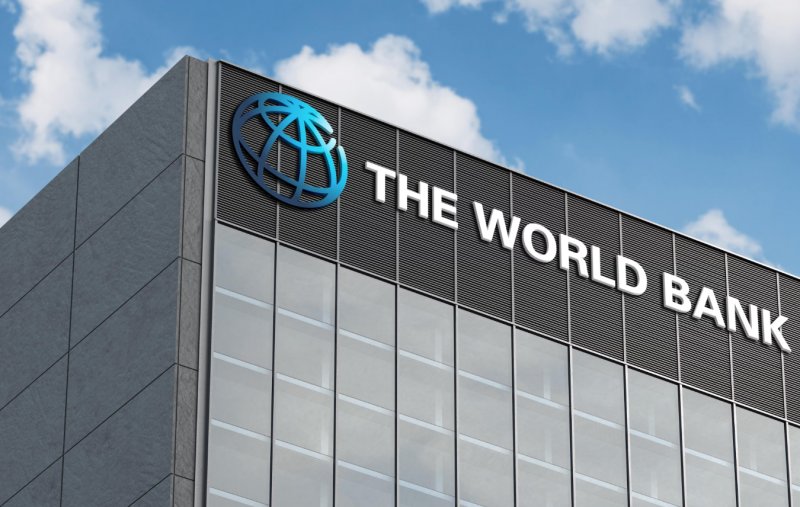
World bank(Photo: Shutterstock)
Azerbaijan has set ambitious climate goals, but achieving them will require critically important political decisions in the coming years.
The country’s economy is still dependent on fossil fuels, leading to significant greenhouse gas emissions (GHG). Around 30% of these emissions come from non-productive methane releases, such as the flaring of associated gas, News.Az reports.
As part of its Nationally Determined Contributions (NDCs), Azerbaijan aims to reduce associated gas emissions by 35% by 2030 compared to 1990 levels. To achieve this, the country plans not only to cut methane emissions but also to increase the share of renewable energy in installed capacity from 20% to 30% by 2030.
Azerbaijan has also joined a project to create a green energy corridor with Romania, Georgia, and Hungary, which will enable the export of electricity to Europe.
According to the Country Climate and Development Report (CCDR), improving energy efficiency, particularly in the transport and housing sectors, could account for at least half of the planned emissions reductions.
The energy sector remains crucial for the economy, and the WB estimates that Azerbaijan needs to accelerate the implementation of effective solutions in tariff policy, electricity transmission, and the expansion of renewable energy use.
The main energy consumers in Azerbaijan are the housing sector and transportation, and electricity demand grows by 2.9% annually, the bank noted, adding that to enhance the competitiveness of the energy sector, Azerbaijan plans to list a small portion of shares of the State Oil Company (SOCAR) in an initial public offering (IPO) and plans to structurally separate electricity generation, distribution, and transmission in the coming years.
In the renewable energy sector, the country has established the Renewable Energy Agency, passed laws to stimulate the industry, and signed power purchase agreements with two major wind and solar power plants. However, as emphasized in the CCDR report, to achieve the 30% target, Azerbaijan must accelerate its energy transition. This includes reducing subsidies for fossil fuels, attracting private investment into renewable energy, cutting emissions from hydrocarbon production and transportation, and modernizing the electricity grid to integrate green energy.
The World Bank also notes that phasing out oil subsidies will be a crucial step to stimulate the development of renewable energy. In the short term, the country can use renewable energy for domestic needs, and in the medium term, it can export electricity via an underwater cable in the Black Sea.
This project could be the first step in creating a green energy corridor with Romania, Hungary, and Georgia, provided that the electricity grid is modernized and renewable energy remains competitive, the WB stated.